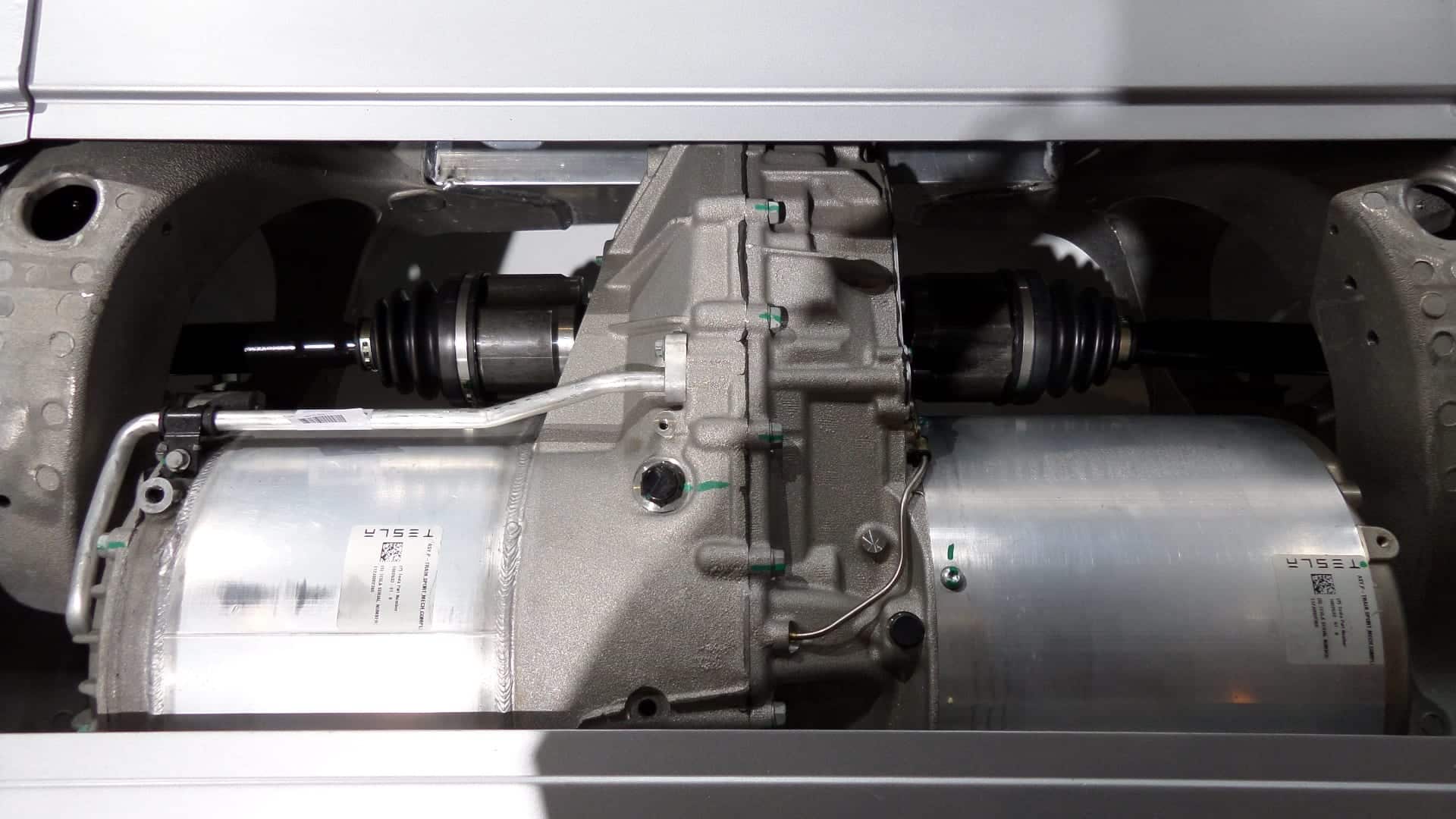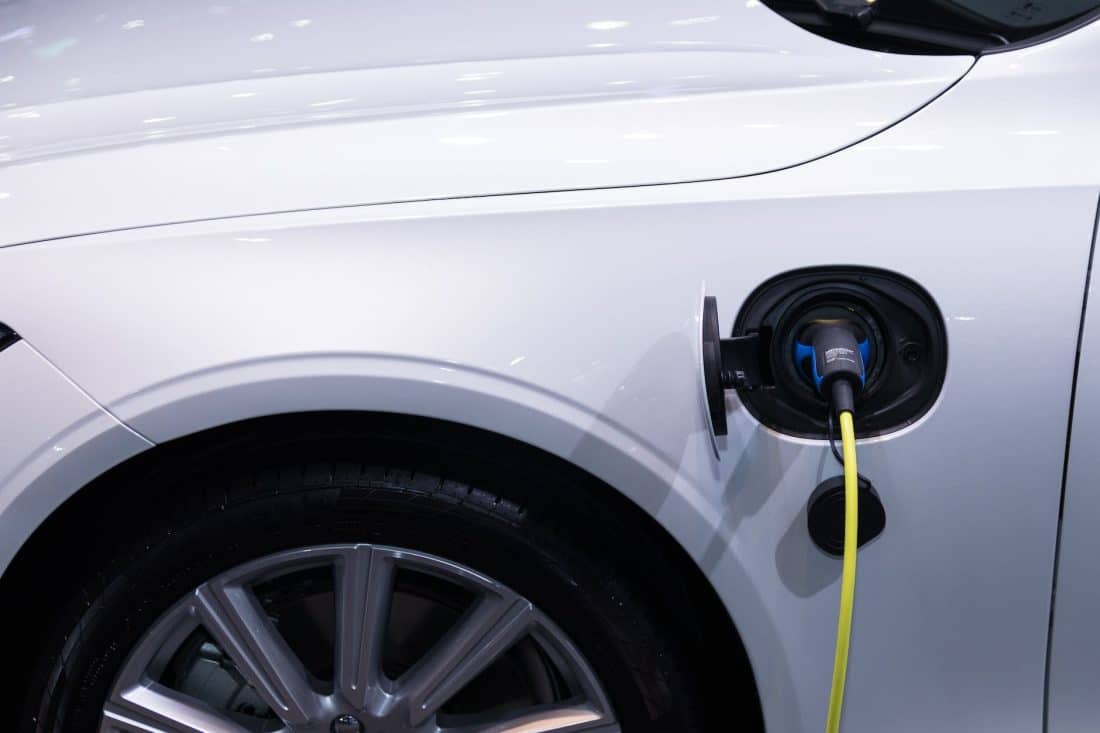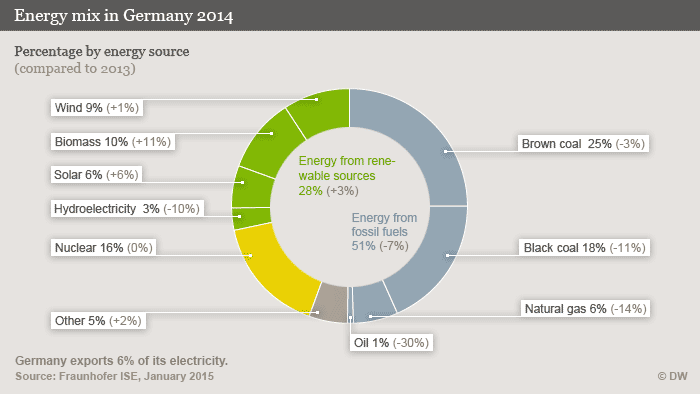Electric vehicles (not just small cars) will dominate the roads in the near future. Not 40 years from now as Shell said, or even 20 years like the less optimistic EV opponents say, but it’s not for the reason you think. Electric vehicles have gone from being significantly slower than gas-powered cars to being considerably faster (in some cases) in less than a decade.

Image Credit: Kompulsa.
Most people care very little about the common good, and many are still buying large SUVs just to drive themselves to work, so they won’t buy electric cars for the sake of preserving the environment. This is why I say that we are all partially to blame for climate change and air pollution, because we often choose to be wasteful.
In the near future, people are going to buy electric vehicles for their strong acceleration, financial benefits due to low-maintenance power trains and their high efficiency, the convenience of charging at home, among other reasons. The least expected reason might be price. Electric vehicles are likely to come in at lower price points than gas-powered ones in the near future.
So when you see a cheaper, faster, quieter car that has a lower cost of ownership — You’re going to want to buy it. That isn’t currently the case with electric cars, but it will be shortly, and Tesla has shown that it’s possible. Other manufacturers such as Faraday Future, Lamborghini (Terzo Millennio), BMW (i8), and Porsche, have made electric cars with similarly impressive, albeit slower acceleration.
Sports Cars
The Tesla Model S shocked the world with its impressive acceleration, paired with its comfortable cabin. It was the first car Tesla had released since the 2008 Tesla Roadster, which was a tiny, two-seat car based on the Lotus Elise chassis. The Model S was a significantly larger and far more luxurious car, which came in at a lower price point, despite sacrificing very little, performance-wise.
The Model S (P100D) is now significantly faster than the 2008 Roadster. It can accelerate from 0-60 MPH in as little as 2.28 seconds, making it one of the quickest production cars in the world. It’s acceleration will soon be superseded by the 2020 Roadster, which can accelerate from 0-60 MPH in 1.9 seconds, which will be the quickest production car in the world.
It is not just the quickest electric car, but it accelerates faster than all gas-powered production cars. All of these incredible achievements have made Tesla one of the most talked-about car brands on social media, and their cars are now among the most coveted. These are the things that garner attention. The $2.6 million Bugatti Chiron accelerates from 0-60 MPH in a slower 2.4 seconds, while making far more noise.
As for commercial purposes, companies are all about cost of ownership, not pleasure. Tesla has recently shown us what electric semi trucks are capable of with their first model, so they are likely to be successful as well (eventually). The Tesla semi truck can travel 500 miles per charge, which is less than a Diesel-fueled semi truck, however, not all trips are over 500 miles.
T-Boone Pickens said in an interview that you can’t power an 18-wheeler with electric motors, citing that ‘it wouldn’t move’. While that clearly isn’t true today, as proven by Tesla. It wasn’t true back then either (this was years ago when he was discussing the Pickens Plan) (he was an oil and gas tycoon, which might be why he advocated natural gas-powered vehicles instead).
There are numerous countries which are actually less than 500 miles long that use semi trucks. There is a large market for these vehicles. In the mean time, larger countries like the United States and Australia can use Diesel trucks wherever 1,000+ mile range is needed, and electric where it isn’t. Change is incremental!
Tesla has already received orders for its semi truck, and considering that it is their first truck of its kind, there will be significantly improved models further down the line. The future of electric vehicles is bright!







